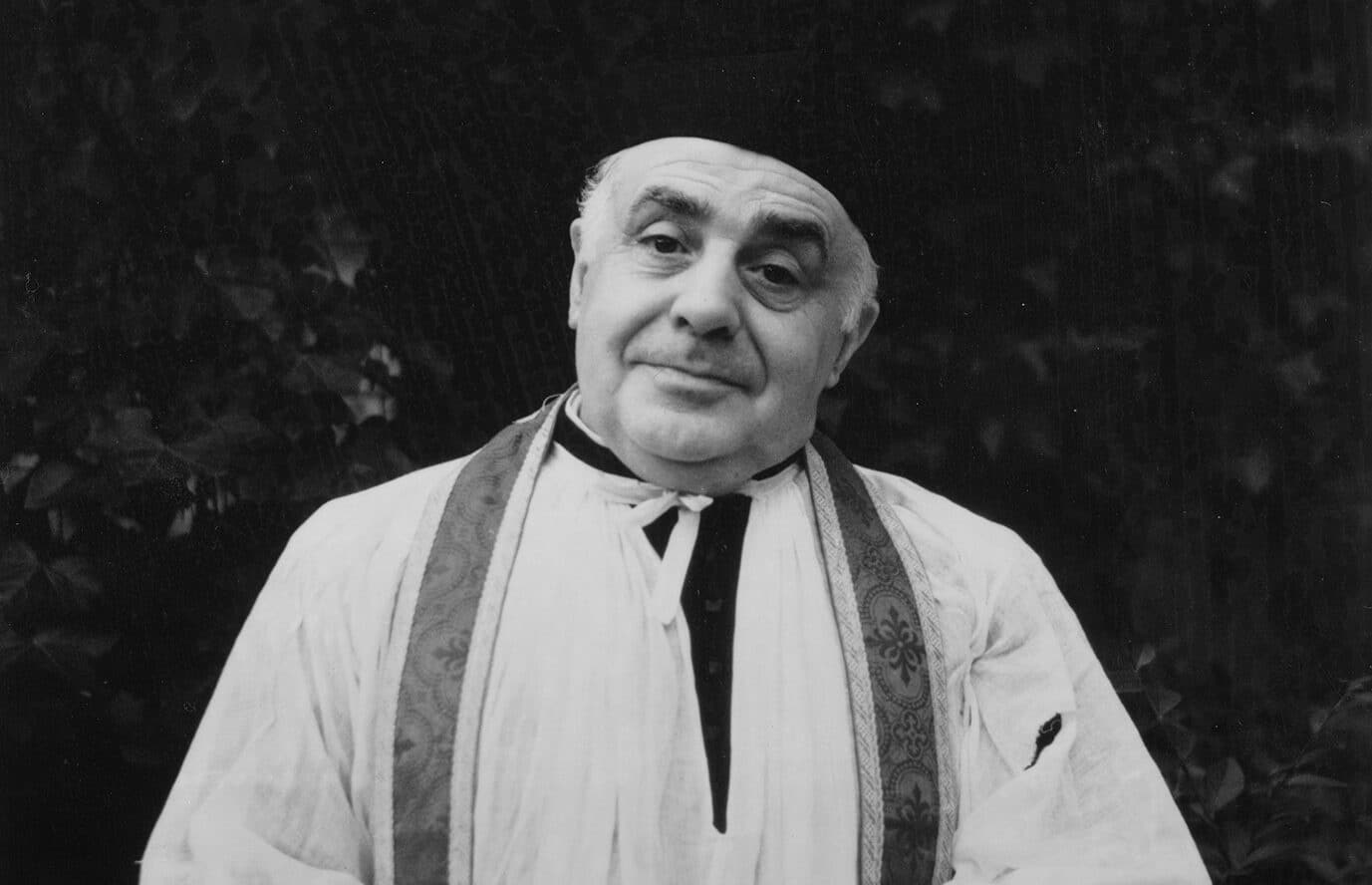
Letters from my Windmill: The priest of Cucugnan (1967)
22 February 1967
Feeling unsuccessful and lacking confidence in his work, Franz Schubert undertakes a several weeks-long excursion alone.
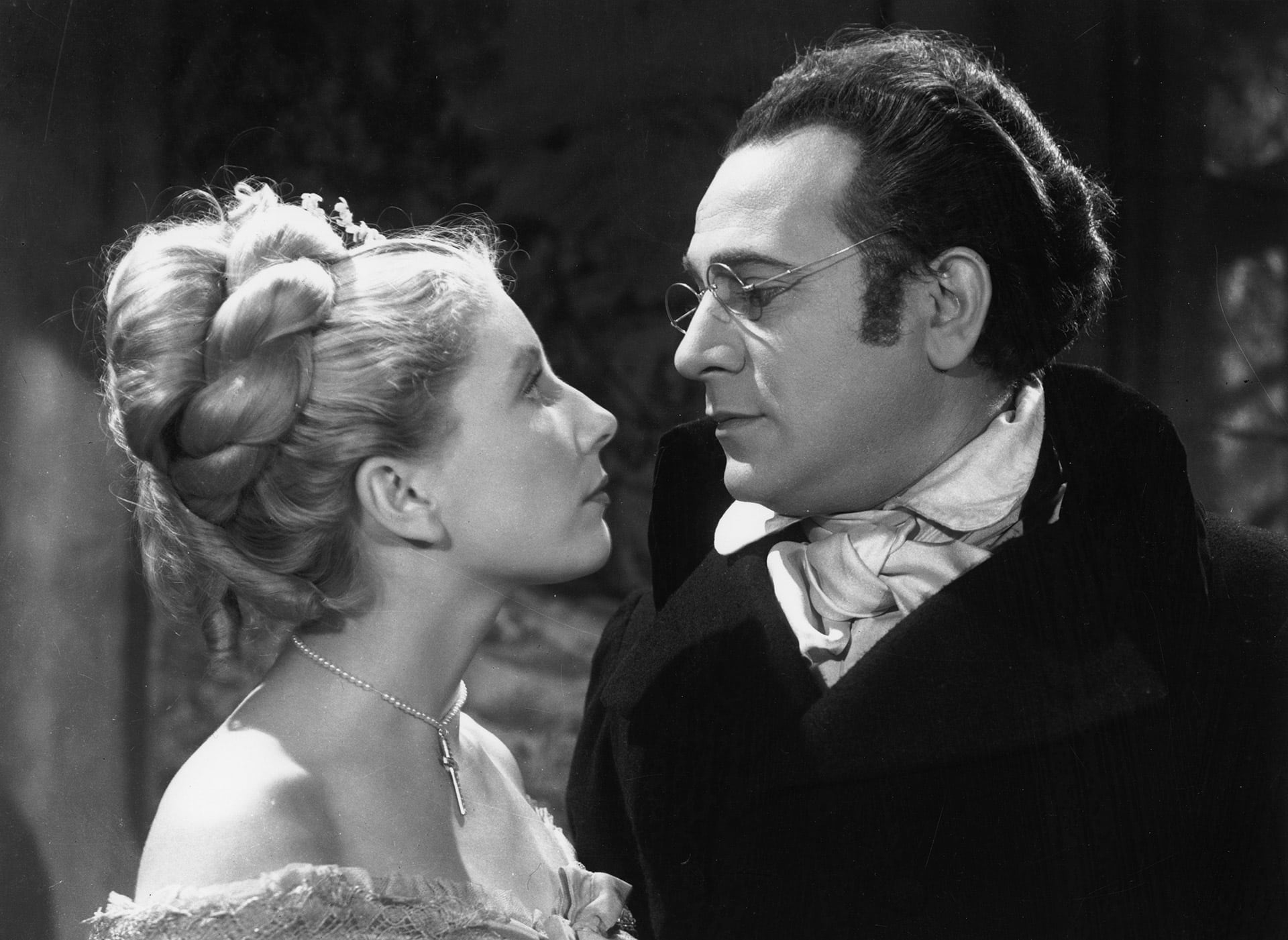
Franz Schubert, discouraged, leaves the city. Singing along a stream from which he draws his inspiration, he arrives near a mill. The ravishing daughter of the miller attracts his attention…
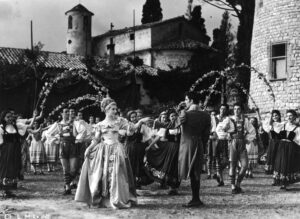
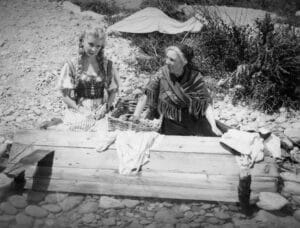
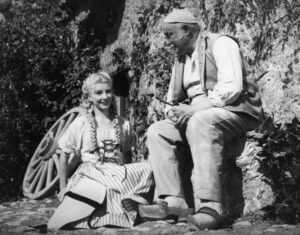
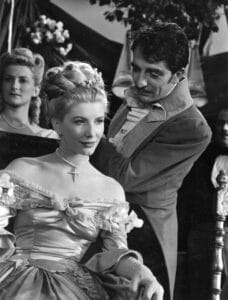
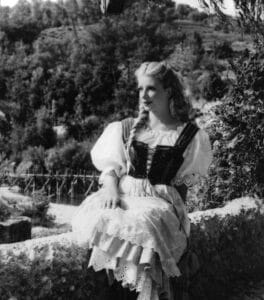
“Schubert’s Lieder are incomparable melodies of striking dramatic effect. From the very beginning, the arpeggios of the accompaniment let us see and hear the brook. When the hero discovers the mill, the bass translates the rhythmic sound of the great milling wheel, while the right hand continues to transpose the sounds and murmurs of the running water. Finally, this sound setting constantly varies in tone and sound, according to the feeling it surrounds and completes”
Marcel Pagnol.
Marcel Pagnol, who had just finished a first version of “LA BELLE MEUNIERE” in black and white, was enthusiastic about the brand new Rouxcolor process invented by French engineers Lucien and Armand Roux. He therefore decided to start shooting in color again, at a much lower cost than the American Technicolor process. However, upon its release, the film unleashed a second battle of Hernani. The adjustment of the projection devices turned out to be very delicate and, despite Tino Rossi’s numerous admirers, Jacqueline Pagnol’s charm and Marcel Pagnol’s sparkling dialogues, the film was a failure. In 1985, it was transcribed by the Film Archives on Eastmancolor film and shown only once on television.

22 February 1967
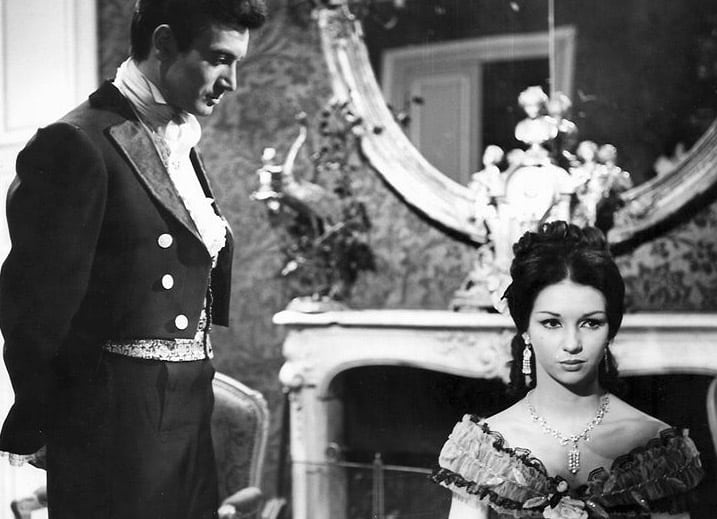
22 February 1962